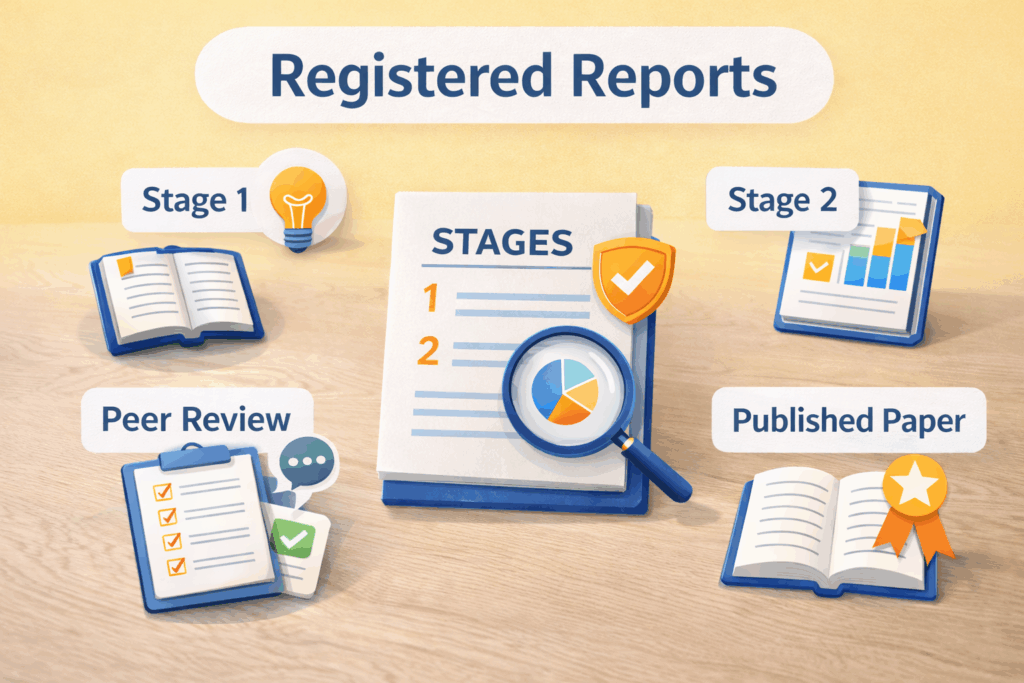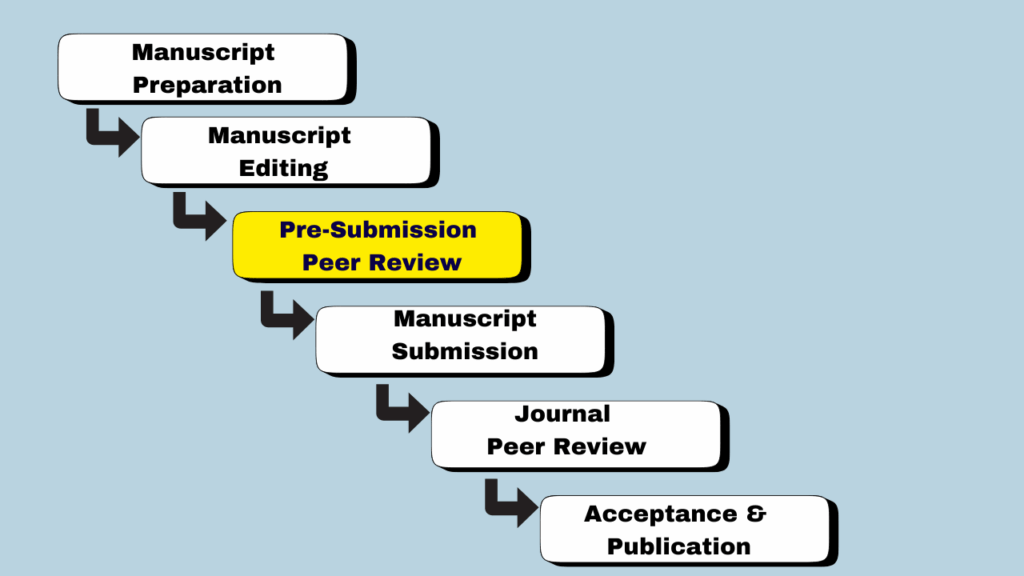A pinch of salt, a dash of humor, and a generous topping of solidarity: Recipe for dealing with harsh peer review comments

On one end of the spectrum, we hear that “peer review is the gold standard” in research; at the other end, some lament that “peer review is broken.” Researchers agree that science cannot advance without peer review. Most authors acknowledge that reviewer comments are usually constructive and helpful, but nearly every researcher has encountered harsh comments. These are not simply negative comments that point out gaps in the research. That’s what peer reviewers are expected to do. Rather, these are comments that do so in an unnecessarily critical or unprofessional manner.
Overly critical comments or a denigrating tone can be a severe blow to one’s confidence and morale. Harsh words and rejection without clarity on the reasons can negatively impact a researcher’s confidence and future work. In a study on authors’ experiences with negative peer reviewer comments, feelings of anger, depression, low self-worth, shame, etc., were reported.1 Authors acknowledge the importance of constructive criticism, but when the criticism borders on the unreasonable, it just feels unfair.
How to cope with and respond to harsh peer reviewer comments
1. Overcome your fears
That initial nervousness when the report comes in is natural. But steel yourself and bravely go over each comment. Anxiety can distort your perception of the comments. So, if there are any practices that typically help you stay calm and detached, try them before you read the comments. How you handle criticism is as important as the steps you take while writing your manuscript to avoid receiving it.
2. Come back to the comments after a break
It is widely recommended that authors not start acting on the peer review report as soon as they receive it. Irrespective of the nature of the report (negative or positive), give a quick read and get a preliminary idea of the overall feedback. Then look away for at least a day. Occupy yourself with some other activities before you revisit the comments. That break can help you approach the report more calmly and patiently and will ensure a balanced interpretation.
3. Take a look at the comments anew
nce again, try to read the comments objectively, without emotion attached. Keep aside your feelings about “how” the reviewer has framed their comments and instead focus on “what” valid areas of improvement they were trying to highlight. What you need from the reviewer comments is insight into whether/how your manuscript can be improved further. Not taking comments personally can help you glean such insights and enhance your manuscript.
Also, be empathetic in your interpretation of the comments (even if the reviewer does not appear to have been so towards you!). Communication styles can vary vastly across individual reviewers, and some reviewers may not have intended to write harsh comments or realized how harsh they sound. Be generous in your assumptions as far as possible, and remind yourself that most reviewers voluntarily spend their time and energy on reviews in addition to their other commitments because they are passionate about upholding the standards of research in their disciplines.
4. Draft your responses systematically and dispassionately
Organize and sort comments as those you agree with and those you disagree with. Next, organize your responses to each and follow a structured approach. Be polite even if the reviewer is not and handle tricky situations tactfully. Begin and end the response document by thanking the reviewers.
Here are some typical scenarios you might encounter
“But I already did that!”
Have you come across a comment that points out a problem in the paper that actually does not exist? For example, you see a comment like “A figure would better illustrate this point,” when you have provided a figure for the very same reason!
Reviewers can make mistakes too. However, don’t get too smug! Carefully check if the figure has been cited in the text in the appropriate context and the figure is aptly labeled. Then, with confidence, you can politely state in your response that you have, indeed, provided the illustration. Mention the relevant page and line numbers.
“I think the reviewer wants to push me back because of a conflict of interest.”
It is not uncommon for a manuscript ending up being reviewed by a competitor. If you feel the reviewer is being unjustifiably unfair by putting forth unreasonable demands, being overly focused on a particular methodology, or disparaging your work without being specific, there is a small chance that they are trying to stall your publication while they get their work published before yours. If you have sufficient reason to believe so, communicate with the editor that you feel the reviewer might be hostile.
“The reviewer prefers witticism instead over criticism!”
Sarcasm is rarely helpful in any professional setting, and this applies to peer review as well. “I am afraid this manuscript may contribute not so much towards the field’s advancement as much as toward its eventual demise” might sound funny in the peer reviewer’s head, but to the author, it can be extremely dispiriting.
When you get such comments (which likely will not require any action), take it with a pinch of salt, and ignore the intent behind it. Such behavior might stem from insecurity or even genuine delight in composing snarky prose. Resist the temptation to inject sarcasm in your own response. You could respond by explaining how you have improved the manuscript on the basis of the other comments received.
“The reviewer is asking me to cross my t’s and dot my i’s”
Isn’t it annoying when the reviewer ignores the content of your paper but fixates on the language and grammar?
This might even be based on assumptions about your being an early career researcher or being from a certain part of the world. If specific examples are provided where you need to fix the language, please make the changes and acknowledge this in your responses. If the reviewer simply says that the manuscript needs to be polished, it might be a good idea to get someone’s opinion and assistance for this.
“The reviewer is just so rude!”
Extremely rude comments should ideally not make their way to the report; the journal editor will redact them. However, if you find ad hominem attacks in peer reviewer comments, ignore them but answer all accompanying criticism. You can separately inform the editor about the situation. If the comments are very harsh and indicate personal bias against you, the institute you are affiliated with, or some other aspect of your identity, you can alert the editor.
Keeping your spirits up
Joke about it!
Some frustrated authors vent their frustration about unhelpful, vague, and prickly comments in blogs and microblogs. A persistent trope in academia is of the unreasonable and rude Reviewer 2. While Reviewer 2 gets a lot of flak, according to one (peer-reviewed) study, Reviewer 3 might be the actual villain!
According to a study2 on unprofessional review comments publicized on a Twitter account as a source of humor, when “review comments are decontextualized and recontextualized in order to be publicly ridiculed and/or disparaged,” researchers can experience humor and a sense of relief, which is strengthened by the awareness that they are not alone in handling all sorts of negative comments. It might be a good idea to have a look at such blog posts just to lighten up! You might even thinking of writing something yourself, but remember to do so in the right spirit and refrain from sharing anything that can identify the reviewer or journal/journal editor.
Cultivate kinship
The emotional ramifications of negative peer review can affect research output. A sense of solidarity with the academic community would really help when one is feeling despondent because of a harsh review. Researcher.Life is a platform offering a host of resources and support for researchers, including a global community where one can connect with fellow academics who have faced and overcome similar hurdles. The community serves as a support system where researchers can bond over shared experiences and even discuss coping mechanisms and solutions.
In your research career, you will face criticism, some of which will be fair and some, unfair. Remember, a peer reviewer’s job is not really to praise your work. On occasion, you might come across someone who goes out of their way to appreciate your work. Make sure you recognize and celebrate such praise when it comes. However, this is not the norm, and reviewers tend to focus only on areas that need to be addressed.
A key to fewer comments is ensuring your paper is polished and submission ready. Editage’s publication-focused services and senior language and subject-matter experts can help you improve English language quality and readability, refine the structure and flow, format your paper for your target journal, and even support you with understanding and responding to peer reviewer comments.
References
1. Majumder, K. How do authors feel when they receive negative peer reviewer comments? An experience from Chinese biomedical researchers. European Science Editing 5.
2. Marta Dynel. Laughter through tears: Unprofessional review comments as humor on the ShitMyReviewersSay Twitter account. Intercultural Pragmatics 17, 513–544 (2020).






International Mother Language Day: Rethinking Peer Review
February 19, 2026